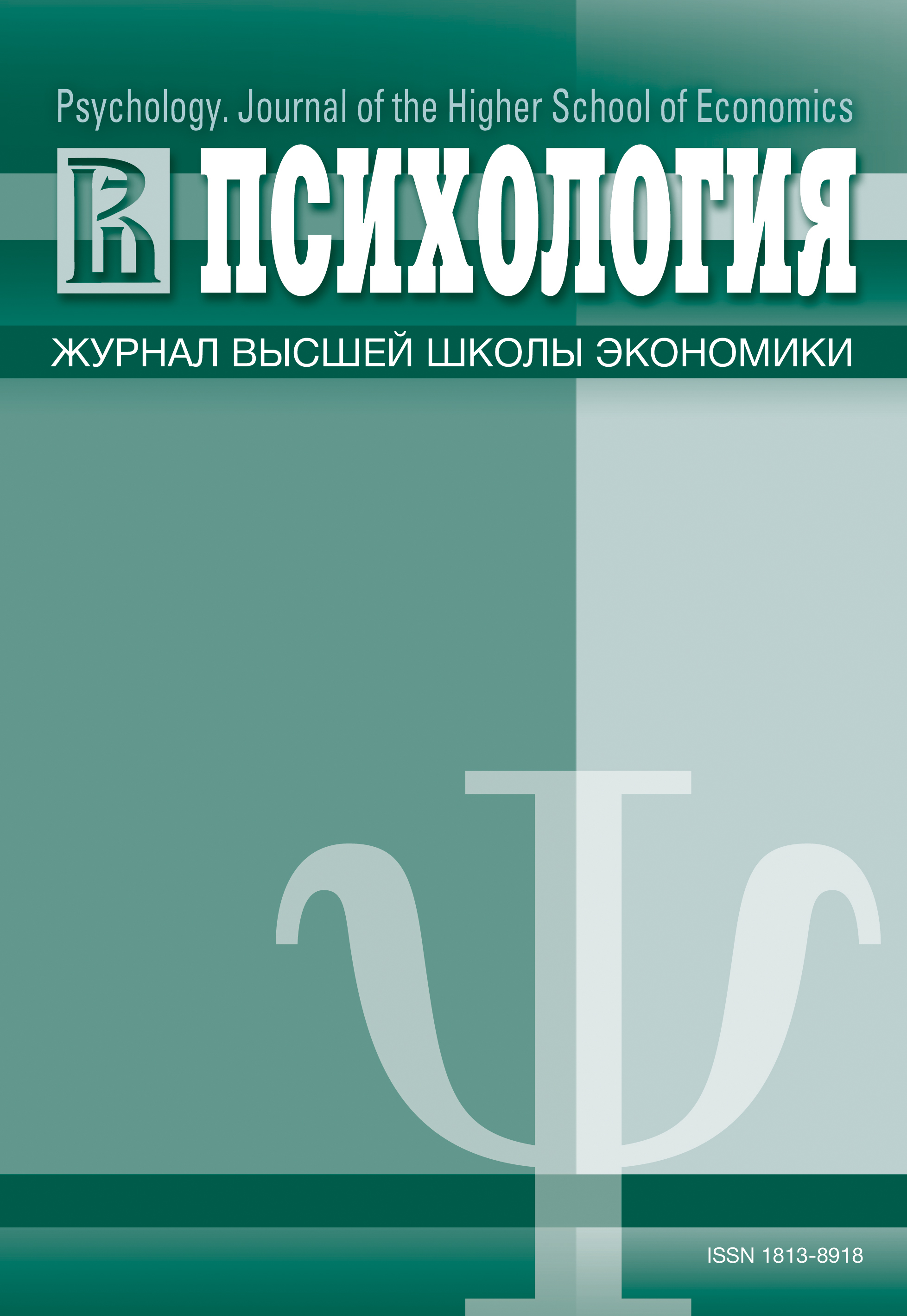Influence of the Fear of Death on the Notion of Ideal Politician (in Russian)
Keywords:
political leader, terror management theory, mortality salience
Abstract
Psychological research shows that thoughts of death provoke fear in people. According to terror management theory, to master the fear they use psychological defense – they seek to prove the righteousness of their worldviews. Thanks to that the mortality salience influences the attitudes toward political leaders. In this study the influence of death thoughts on thenotions of ideal political leader is viewed. The participants of the study (N=153) were divided into one experimental and two control groups. The experimental group watched the video recording of aftermaths of terroristic attacks (mortality salience), the first control group watched the video about the process of dental care in the dentist cabinet (pain salience) and the second control group watched the advertisement of soviet cars (neutral subject). After that all respondents filled in the questionnaire for measuring the notions of ideal politician. It included eight 5-point bipolar scales, which determined the parameters of the «care» about followers and «control» for them. The results of the study showed that, in general, respondents perceived the ideal political leader as prone to the «care» and «control». Mortality salience influenced the evaluation of ideal politician on the parameter of «care»: the participants, who watched the video recording of aftermaths of terroristic attacks, evaluated ideal leader as less solicitous than people from control groups. At the same time, mortality salience did not influence the estimation of ideal politician on the parameter of «control».Downloads
Download data is not yet available.
Published
2015-10-02
How to Cite
ПрусоваИ. С. (2015). Influence of the Fear of Death on the Notion of Ideal Politician (in Russian). Psychology. Journal of the Higher School of Economics, 12(3), 41-51. https://doi.org/10.17323/1813-8918-2015-3-41-51
Issue
Section
Political psychology





